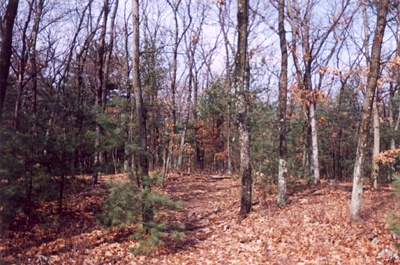All Nonfiction
- Bullying
- Books
- Academic
- Author Interviews
- Celebrity interviews
- College Articles
- College Essays
- Educator of the Year
- Heroes
- Interviews
- Memoir
- Personal Experience
- Sports
- Travel & Culture
All Opinions
- Bullying
- Current Events / Politics
- Discrimination
- Drugs / Alcohol / Smoking
- Entertainment / Celebrities
- Environment
- Love / Relationships
- Movies / Music / TV
- Pop Culture / Trends
- School / College
- Social Issues / Civics
- Spirituality / Religion
- Sports / Hobbies
All Hot Topics
- Bullying
- Community Service
- Environment
- Health
- Letters to the Editor
- Pride & Prejudice
- What Matters
- Back
Summer Guide
- Program Links
- Program Reviews
- Back
College Guide
- College Links
- College Reviews
- College Essays
- College Articles
- Back
Feedback on
In her memoir “To Find, First Lose,” Tina Yong recounts her experience getting lost in the Canadian woods and gaining self-assurance as a result. When she was young, Yong’s family moved from their home in China to a mainly Caucasian neighborhood in Canada. Yong recalls her struggles adapting to her new environment, from being ostracized by her classmates to trying to make sense of the new language, customs, and people surrounding her. As she walked home from school one afternoon, Yong lost her way in the brush. Although feeling hopeless at first, by remembering her grandfather’s advice she was able to compose herself and make it out of the woods to her home.
This piece is a perfect example of how difficult situations can help you become stronger and more resilient, as long as you are willing to work to overcome them. Yong excellently portrays the desperation she felt when she was lost, even likening it to how she felt at her new school. In both situations, she was “stranded in a place which I could never escape nor acclimate to.” Despite her fear, she gathered her resolve and was able to locate a sign to make it back to the main path. Thanks to the ordeal, Yong was able to gain self-confidence. She no longer feared unfamiliar circumstances because she knew there was always a resolution. I wholeheartedly agree with her that we should all embrace stepping out of our comfort zone and into a new environment, because as long as we’re prepared to adapt, we “can thrive in even the most hostile or unfamiliar circumstances.”

Similar Articles
JOIN THE DISCUSSION
This article has 0 comments.